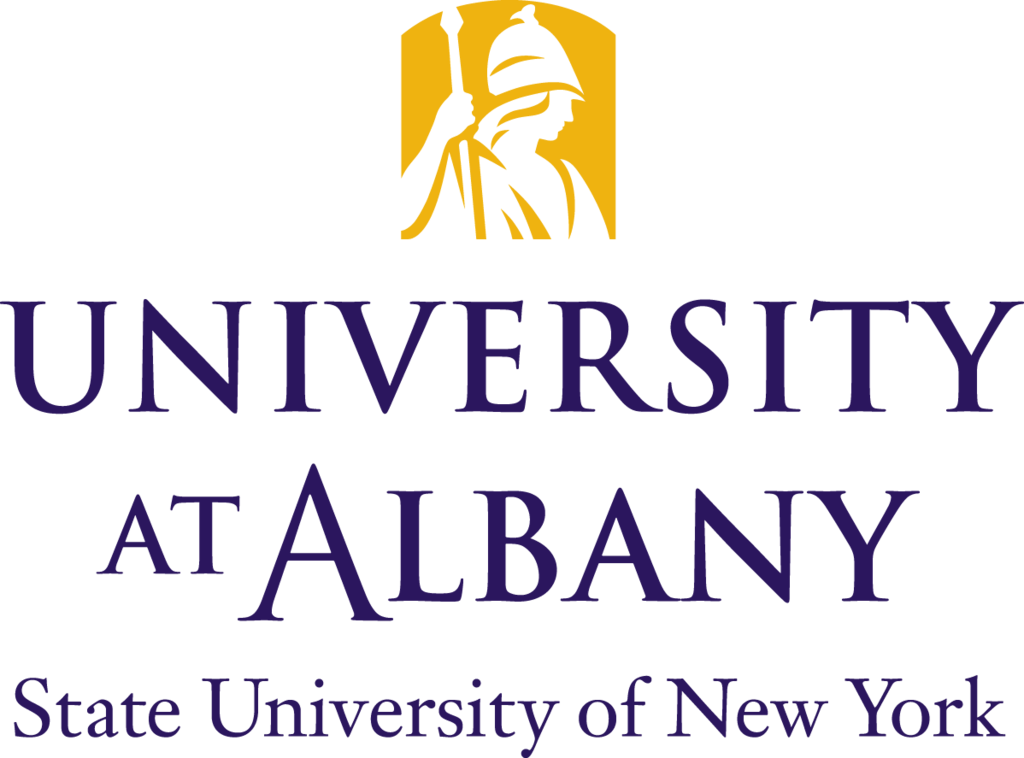ALBANY, N.Y. (June 11, 2021) — What began as “Gay Pride Day” more than 50 years ago as a commemoration of the Stonewall uprising – demonstrations in reaction to a police raid on a gay bar in New York City – has expanded into a month-long series of events celebrating the contributions of gay, lesbian, bisexual, transgender and queer people in the United States and worldwide.
But it’s not all rainbows and parades. The activism triggered half a century ago for equal rights and equal protection for LGBTQ+ people is not over. The LGBTQ+ community continues to face major hurdles, including harassment and violence, limits on access to housing and health care, and increased rates of depression and suicide.
The University at Albany has faculty experts who can speak to a wide variety of issues impacting the LGBTQ+ community, including ongoing discrimination and global homophobia, the overrepresentation of LGBTQ youth in the child welfare system, queer activism and “rainbow capitalism.”
Laura Tetreault, Assistant Professor, Department of English
Dr. Tetreault’s research focuses on intersections between LGBTQ+ issues, media, activism and racial justice. She is available to speak about queer media, racial justice in LGBTQ+ movements, racism in the queer community itself, political disinformation campaigns, and “rainbow capitalism” — corporations co-opting LGBTQ+ messages and imagery.
“One major issue facing the LGBTQ community right now is the interconnectedness of LGBTQ issues with racial justice issues, and the need for queer people to act in solidarity with racial justice movements,” Tetreault says. “Another is the co-optation of LGBTQ messaging for capitalist gain and the assimilation of mostly white and/or well-off LGBTQ people into mainstream U.S. society at the disadvantage of many other members of the LGBTQ community, most severely poor and disabled queer and trans people of color. Disability justice continues to be a vital issue for LGBTQ+ communities, as COVID-19 has made disparities in health outcomes so obvious. Trans issues are vital to LGBTQ+ activism today, as we see extremely oppressive laws being proposed or put into effect across the country that discriminate against transgender people, such as so-called “bathroom bans,” discrimination in school sports, and lack of access to gender-affirming medical care.”
Sarah Mountz, Assistant Professor, School of Social Welfare
Dr. Mountz researches LGBTQ+ youth, especially those in the child welfare or juvenile justice system. She has studied the experiences of queer, transgender and gender expansive youth in girl’s juvenile justice facilities in New York, as well as homelessness and activism among LGBTQ+ youth populations.
“My research focuses on LGBTQ+ youth, with an emphasis on LGBTQ+ youth who are, or have been in the child welfare or juvenile justice system, and their overrepresentation within and mistreatment by those systems,” she says. “I also focus on the impact of hostile school climates, and family rejection and acceptance upon LGBTQ+ youth.”
Courtney D'Allaird, Assistant Director for Intercultural Student Engagement
Courtney D’Allaird is the founding coordinator of UAlbany’s Gender and Sexuality & Resource Center, and has worked with college campuses across New York to expand initiatives for LGBTQ+ students. They are available to speak on a broad range of gender and sexuality issues, including athletic legislation, performative allyship, the history of Pride and coming out, the importance of visibility, the intersections of LGBTQ+ identity and other movements, and the broad spectrum of the “plus” in LGBTQ+.
“LGBTQ+ people are not targeted simply because they identify as LGBTQ+, we are targeted because society doesn’t deal with the underlying issues of sexism, racism, classism etc. that affect all of us but disproportionately target LGBTQ+ people,” they said. “As such, the targeting of LGBTQ+ people with harassment, legislation and emotional/physical violence are actually symptomatic of these larger problems. You can see this in any argument targeting these identities, such as athletics, restrooms, hate crime legislation etc.”
Other experts available include:
- Meredith Weiss, professor and chair of Political Science, who has done extensive research on global homophobia and queer mobilization.
- Victor Asal, professor of Political Science, who can speak on cross-national policy issues, including why some countries are more likely to discriminate against members of the LGBTQ+ community and others more likely to protect them.
- Julie Novkov, interim dean of Rockefeller College of Public Affairs and Policy, who can speak on recent and proposed legislation targeting the equal rights of gay and transgender people.
About the University at Albany:
A comprehensive public research university, the University at Albany-SUNY offers more than 120 undergraduate majors and minors and 125 master's, doctoral and graduate certificate programs. UAlbany is a leader among all New York State colleges and universities in such diverse fields as atmospheric and environmental sciences, business, education, public health, health sciences, criminal justice, emergency preparedness, engineering and applied sciences, informatics, public administration, social welfare and sociology, taught by an extensive roster of faculty experts. It also offers expanded academic and research opportunities for students through an affiliation with Albany Law School. With a curriculum enhanced by 600 study-abroad opportunities, UAlbany launches great careers.
###
